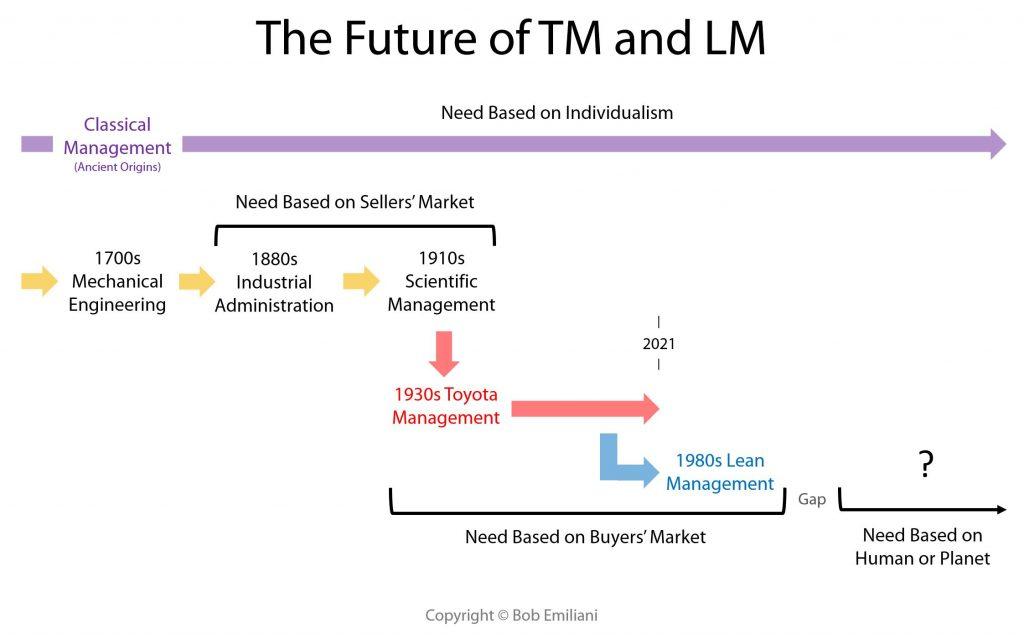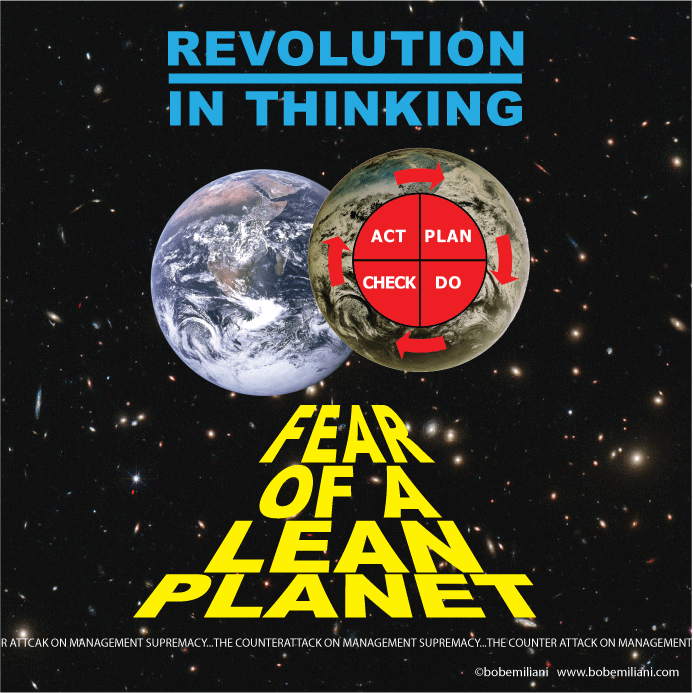As you may know, I have written much to explain in detail why leaders resist and reject Lean management from social, economic, political, historical, philosophical, business, and spiritual perspectives. There is another interesting social aspect that deserves some attention. It is the human spectacle that comes with classical management.
Because of poor processes throughout classically managed organizations, it is chaotic environment. Chaos is the daily routine. Why do people accept, even like, such routinized chaos to the degree that less chaotic alternatives such as Lean management, are unattractive? It could be due to these five reasons:
- Familiarity
- The need to stay busy
- Excitement
- Opportunities for social gain; heroism or admiration from one’s peers
- A passionate interest in seeing who wins and who loses; a type of sport or game
I suggest that excitement (dopamine or adrenaline rush), opportunities for social prominence, and the spectacle of witnessing who flies high and who crashes and burns are an important part of the enduring allure of classical management. The company is a type of entertainment venue akin to a zoo, a Formula 1 racetrack, a football field, or the stage for a talent show. Another fitting analogy might be an amphitheater such as the Roman Colosseum where gladiators fight each other or large game animals to the death. Spectators enjoy the show; the drama, the battle, the carnage, the bravery, the skill, and, of course, seeing both the joy of the victorious and the misery of the defeated.
The company is the amphitheater for employees to both work in and witness the joy of the victorious and the misery of the defeated, whoever they may be — workers, managers, executives, suppliers, customers, investors, communities, competitors, government, and the company itself. It is a story of life and death told daily. The classical management show is too captivating, too spellbinding, and too socially satisfying to turn to something far less entertaining and less socially satisfying such as Lean management with its boring facts, tedious scientific thinking, and pestiferous logical reasoning.
Lean is said to be fundamental shift in mindset or a revolution in thinking. It is much more than that. Abandoning the social, economic, political, historical, philosophical, business, spiritual, and legal preconceptions of classical management is a near-complete change in one’s worldview, one that views the many spectacles endemic to classical management as waste, unevenness, and unreasonableness — not as spellbinding entertainment.
From this perspective, one can see how the Lean movement, so thoroughly homogeneous in its simplistic thinking and so averse to counterarguments, is unwilling to put in the effort to find countermeasures. Being a good team player is not what the Lean movement needs, as that dulls one’s thinking. It needs to actively seek dissenting voices, open disagreement, and engagement to solve the problem of how to gain wider acceptance for Lean among C-level leaders. While cognitive diversity is obviously needed, our most committed Lean leaders are easily offended and thus unable to contend with opposing opinions and inconvenient facts, which suggests they feel themselves to be both special and entitled. Consequently, they frequently misuse “respect for people” and are unwilling to acknowledge Lean’s many loose ends.
For example, organizations that practice Lean management well, in its full form, have numerous clear advantages over other organizations. But what if Lean were universal as a management practice, not just an oddity? What would happen if every company’s material and information flows were efficient? No company would have much of an advantage over another. Competition would remain fierce, but in market-based economies prices reflect what the market will bear. The financial gains coming from Lean will accrue to the company and its owners, not customers, and likely not employees in the form of higher pay and profit-sharing (business, after all, is not a social or financial democracy). Universal Lean would have a negative impact on employment as fewer people are needed to run efficient processes with or without new technologies. The distribution of wealth would worsen under such circumstances. Humanity would be sacrificed for efficiency, an unintended consequence. Is it worth the sacrifice?
The human body has a metabolic efficiency of 25 percent, about the same as a gasoline-powered automobile. Solar voltaic cells are about 15 percent efficient. The efficiency of a hydroelectric power plant is around 90 percent efficient, uniquely the result of gravity. Waste is a large portion of all processes, even the most efficient ones. What are the gains and losses as one strives to improve the efficiency of any process, ultimately to the point of zero waste? Efficiency must be measured on a total (macro) basis, rather than a unit (micro) basis.
What do we, the community of Lean promoters and practitioners, really want from Lean? What do we want Lean to achieve? Do we want all organizations to practice Lean in its full form? That is how we act. If one says “no, not every organization,” then which organizations are most important and which matter less? Does healthcare matter more than manufacturing? Are startups more important than multinational corporations? What is the priority? It cannot be every organization. Resources need to be concentrated to affect change within the span of a lifetime. Our collective efforts have been either confused or diffuse from the start.
If one says “yes, we want every organization to practice Lean in its full form,” then why? Perhaps it is because of current and future environmental challenges, as Lean consumes less of all resources. Yet, the prevailing thinking among political and business leaders is that technology will solve environmental (climate) problems. Conservation of resources is rarely mentioned as part of an overall plan to reduce environmental impacts, whether as a challenge for individuals, corporations, or government. And Lean surely is a management system for conserving resources, which most political and business leaders see no value in. Perhaps that will change someday if Lean leaders can insert themselves forcefully into the conversation about ameliorating environmental problems. But that requires them to engage dissenting voices and open disagreement, which they have yet to show interest within Lean-world let alone outside of it. That suggests a smug satisfaction with the status quo.



